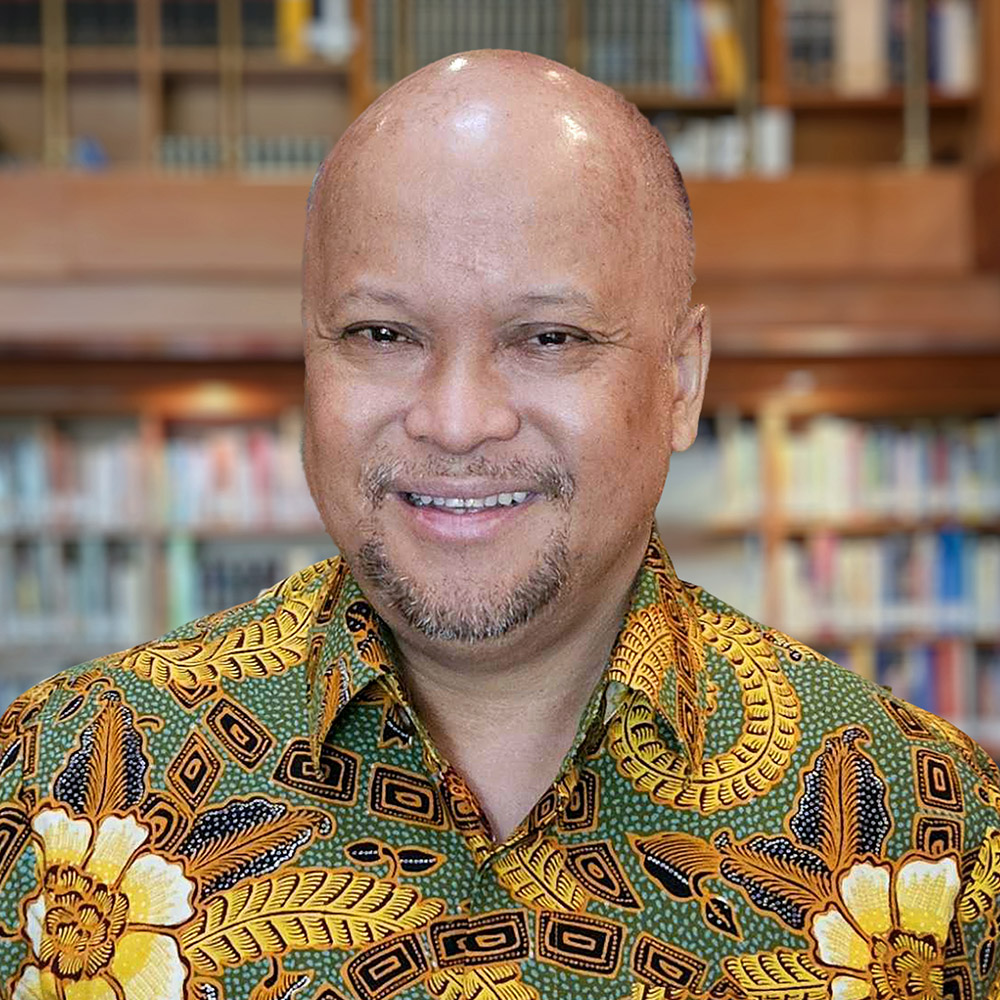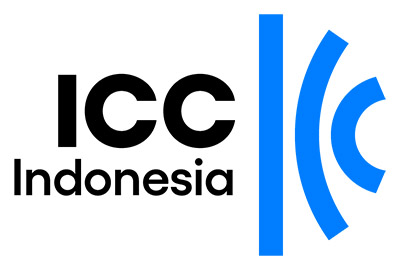The International Chamber of Commerce (ICC) is the institutional representative of more than 45 million companies in over 100 countries.
Bridges: How strong is the Indonesian economy?
Habibie: Indonesia’s economy is stable and consumption is on the rise. We have seen strong growth of around five percent over the course of the last five years.
Indonesia will celebrate one hundred years of independence in 2045. Referring to the ‘Golden Age’ of Indonesia, the country has set a target to become a developed country the same year. This is an official government target with the aim of lifting the country’s population out of the so-called middle-income trap.
In recent years, we have seen increased investment and Indonesian commodities and exports such as palm oil, rubber and coal have reached markets around the world. Industrial output continues to grow and we can be optimistic about the country’s economic growth following the pandemic.
What role do natural resources play within the Indonesian economy?
Indonesia has seen the successful implementation of its down-streaming strategy. We have an abundance of natural resources across Indonesia and hold a strong position within Nickel mining, a key material in the production of batteries for electric vehicles.
As electric vehicles become more ubiquitous, we expect to see increased international investment into Indonesia’s mining sector. In Indonesia, particularly in cities such as Jakarta, the motorcycle remains a key mode of transport. Electric vehicles have yet to become common-place as infrastructure is still being developed and electronic charging stations have not yet been installed.
While exporting raw materials has served our economy well, investment has flowed in to facilitate the export of processed goods and materials and we see this as being set to continue. Industrial facilities and factories continue to support key sectors of the Indonesian economy. Realistically, we are in a very good position and fully expect to achieve the 2045 goal set by the government.
Where is ‘new’ investment to Indonesia coming from?
Recently, investment has been coming by-and-large from China however, there are companies outside the Chinese ecosystem that have been investing in Indonesia for many years, such as those from Japan.
To what extent is Indonesia an ‘Energy’ Country?
Indonesia is a strong renewable energy partner for countries around the world and electricity production for domestic use is increasing.
We have strong geothermal potential as we sit on the ‘ring of fire’ volcano region. Solar power is also a huge opportunity for Indonesia as the country develops its economy.
Energy-storage and battery capacity makes solar challenging for a country such as Indonesia but developments are taking place very quickly and early adoption is very likely in several key energy fields.
Energy consumption is a challenge as Indonesia is very highly-populated. There are over sixty-five million people living on the island of Java, an island which is only a little smaller than Germany.
While protecting the natural beauty of the country, energy, fuel and power will play an increasingly important role as Indonesia looks towards 2045.
The blueprint for Indonesia’s future needs to be based on a circular, sustainable and regenerative economy.
Ilham Habibie, President of International Chamber of Commerce Indonesia
Are you optimistic about the future of Indonesia?
Indonesia is a country blessed with natural resources. However, we cannot rest on our laurels in terms of the country’s development. We are seeing the changes which need to be made and these need to continue for the next generation.
We need businesses to recognise and develop ideas which complement the industries which have thrived across the country. It’s complicated, but we want to become a highly-developed country which serves and looks after its 280 million people. Looking forward, security and stability will continue to be the keys to the country’s success.
The International Chamber of Commerce Indonesia
Tempo Pavilion 2, 2nd Floor Jl. HR. Rasuna Said Kav. 10 Jakarta 12950, Indonesia
+62 21 2966 7914
[email protected]
www.iccindonesia.org




